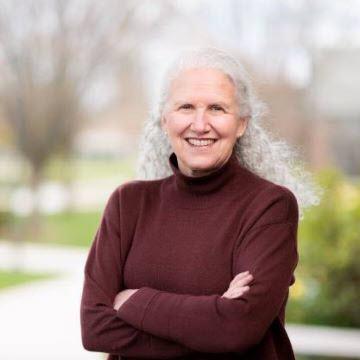Semester-In-Practice
The School of Law now offers an innovative Semester-In-Practice Program which enables students to train full-time—either in one of our pre-established local placements or in a new remote placement of their choosing that is approved by the Externship Director.
Students must first apply to one of the Clinical Externship Programs: Corporate Counsel, Environmental & Land Use, Government, Judicial, Prosecution, Public Interest, or Washington D.C. Semester-In-Practice, and then arrange a full-time, local or remote, Semester-In-Practice placement that is approved by the Externship Director. Students will earn 10-12 ungraded fieldwork credits and 2 graded credits for the co-requisite seminar. Students in remote placements will participate in the seminar through approved technology.
The Semester-In-Practice is a capstone, full-immersion experience. Students work full-time under the supervision of a practicing attorney for an entire semester. The opportunity for students to craft their own remote placements provides the added benefit of allowing students to work not only in the area of practice they wish to pursue upon graduation but also in the geographic area where they plan to live. We have had Semester-In-Practice students working in housing and homelessness prevention in Los Angeles, public defense in New Jersey, immigration in New York City, and human rights in Seoul, South Korea.
If you have any questions about this option, or want discuss your options, please contact:
Laurie Barron
Clinical Professor of Law
Director of Clinical Externships
Director of Feinstein Center for Pro Bono and Experiential Education
lbarron@rwu.edu
(401) 254-4653

Laurie Barron
Clinical Professor of LawDirector of Clinical ExternshipsDirector, Feinstein Center for Pro Bono & Experiential EducationLaurie Barron is the Director Feinstein Center for Pro Bono & Experiential Education. She received a B.A. from Yale University, a J.D. from New York University School of Law, and an M.S.W. from New York University School of Social Work. Her previous work includes representing children at the Juvenile Rights
Read full bio